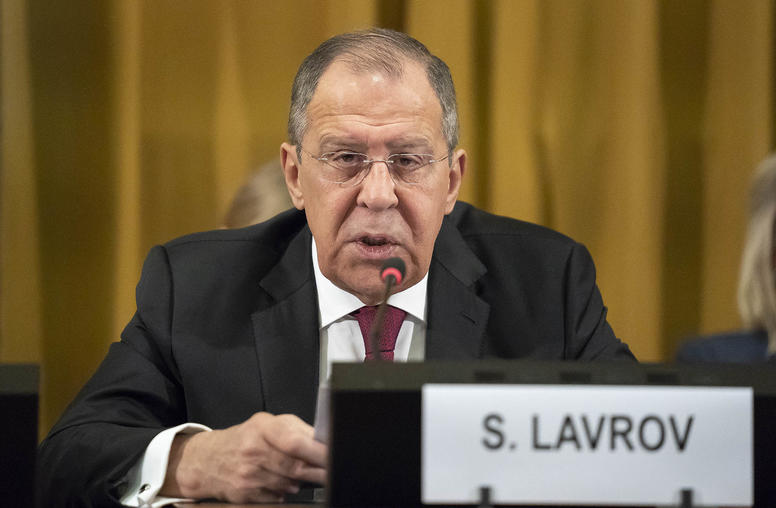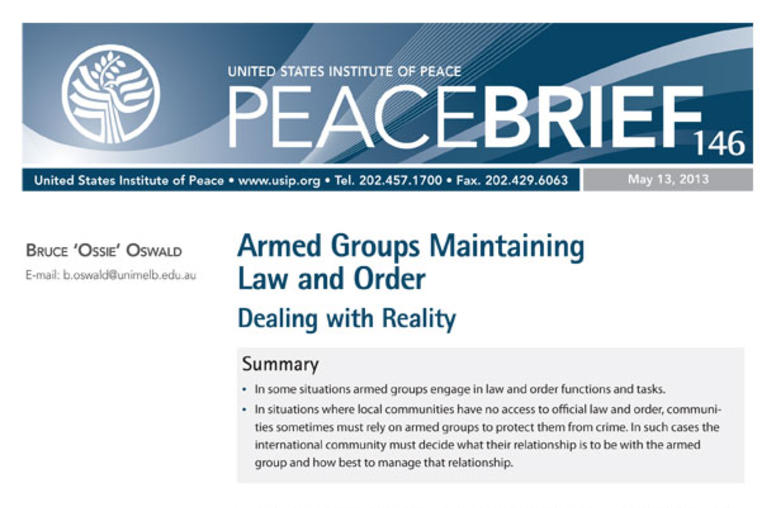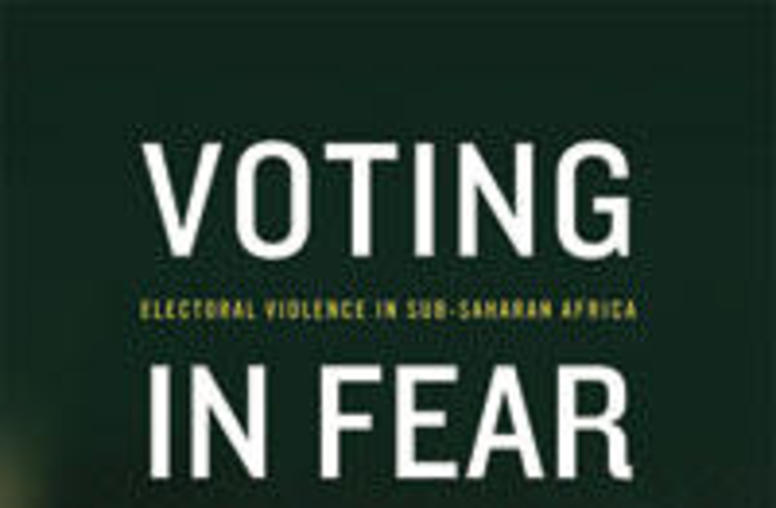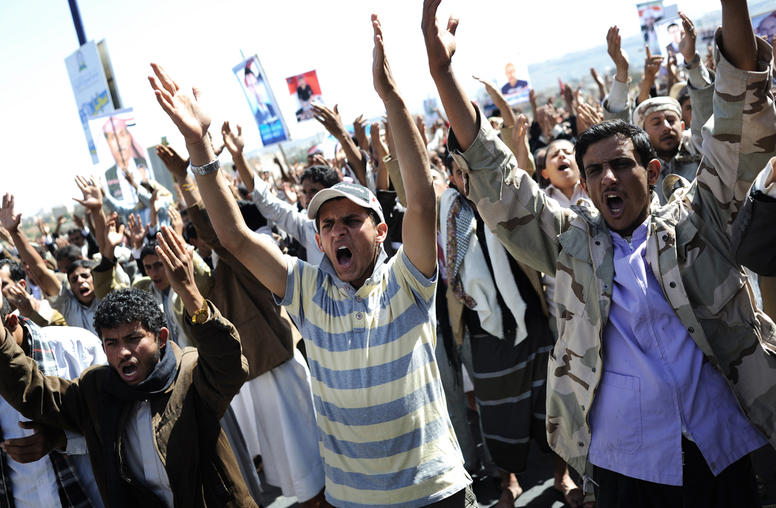Responsive and Accountable Leadership for a Peaceful and Prosperous Congo
Panelists at this workshop discussed Congolese perspectives and recommendations to improve economic and political policies in the Congo with members of U.S. agencies, development organizations, think tanks, non-profits and other stakeholders.
This workshop built on USIP’s October 16, 2009 "Trans-Atlantic Democratic Republic of Congo (DRC) Diaspora Dialogue" event and the March 18, 2010 "Leveraging International Support for Peace in the DRC" event. These previous dialogues outlined concrete steps diaspora communities could take to help prevent conflict and promote peace, and provided an overview of ongoing development assistance programs in the DRC. They provided a forum for a frank exchange of ideas and identification of avenues for more effective diaspora involvement in peacebuilding.
Panelists at this workshop discussed Congolese perspectives and recommendations to improve economic and political policies in the Congo with members of U.S. agencies, development organizations, think tanks, non-profits and other stakeholders. It also helped initiate an ongoing exchange of ideas and cooperation for effective diaspora involvement in peacebuilding strategies. The workshop featured two panels of expert members of the Congolese diaspora: the first panel discussed economic policy in the DRC and the second panel focused on strategies for peacebuilding.
Multimedia
- Watch a video of Panel I
- Watch a video of the lunchtime panel
- Watch a video of Panel II
- View the PowerPoint presentations of Dr. Malonga Miatudila, Dr. George Alula, Victor Ilunga, Dr. Stephan Tubene
9:30am Opening Remarks
- Ambassador William Taylor
U.S. Institute of Peace - Professor Kitenge N'Gambwa
Montgomery College
- Dr. Malonga Miatudila - Foreign Aid
Retired World Bank Senior Health Specialist - Professor Kitenge N'Gambwa - Education
Montgomery College - Engineer Agnes Dimandja - Mining
Former Minister of Public Works, Urban and Housing - Dr. George Alula - Macroeconomy
Movement of the Congolese Unity, UNIC - Dr. Raymond Gilpin, Moderator
U.S. Institute of Peace
12:00pm Lunch Break
12:30pm Lunchtime Speaker
- Susan D. Page
Deputy Assistant Secretary of State for African Affairs, U.S. State Department
1:30pm Panel 2: Peacebuilding
- Mr. Victor Ilunga - Leadership
Stable and Prosperous Democratic Republic of Congo Foundation - Dr. George Nzongola - Peace, Justice and Security
University of North Carolina, Chapel Hill - Dr. Stephan Tubene - Good Governance
University of Maryland, Eastern Shore - Mr. Jacques Muzusangabo - Elections
Solidarity International Foundation, Inc. - Dr. Raymond Gilpin, Moderator
U.S. Institute of Peace
3:30pm Closing Remarks



